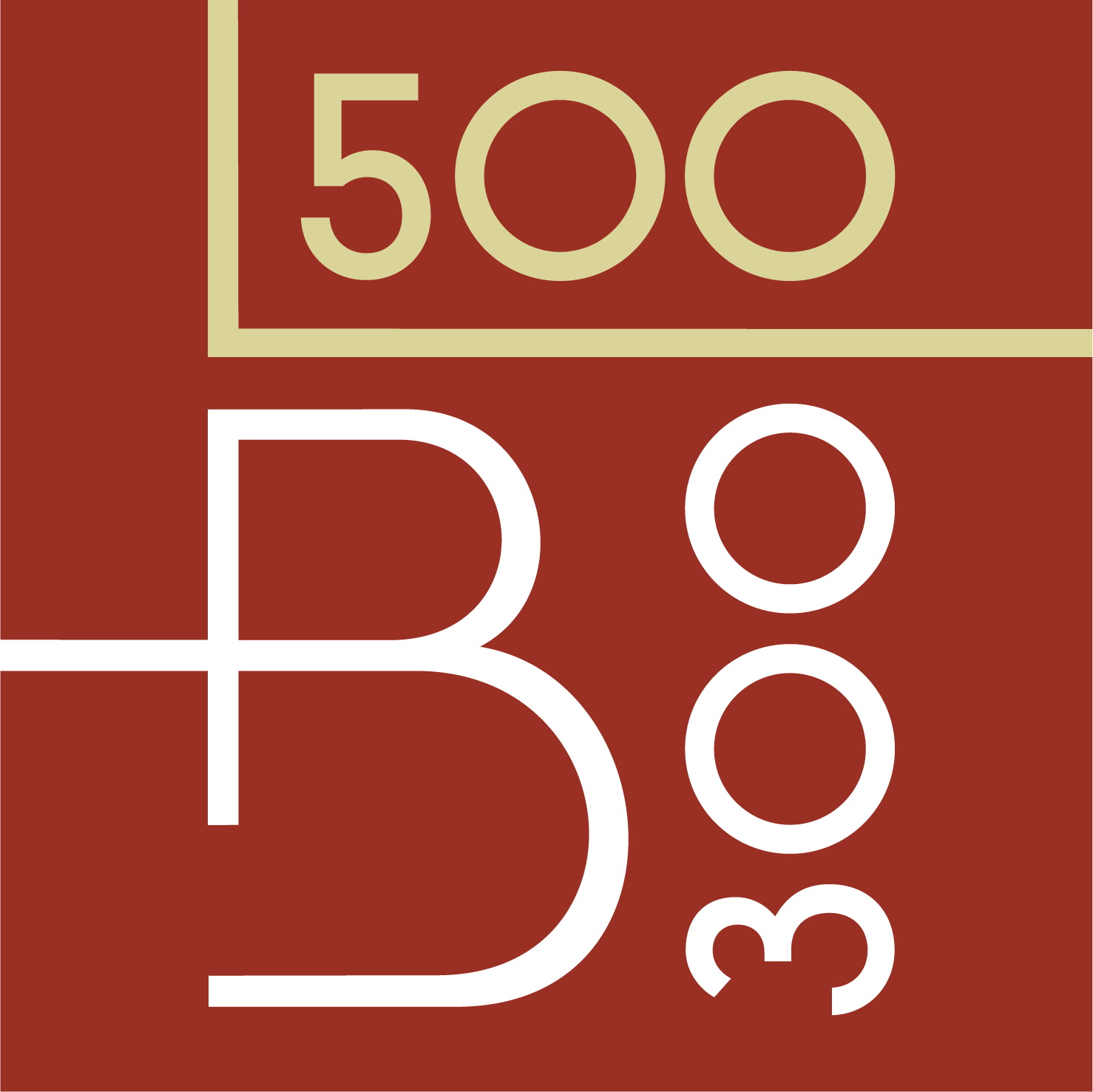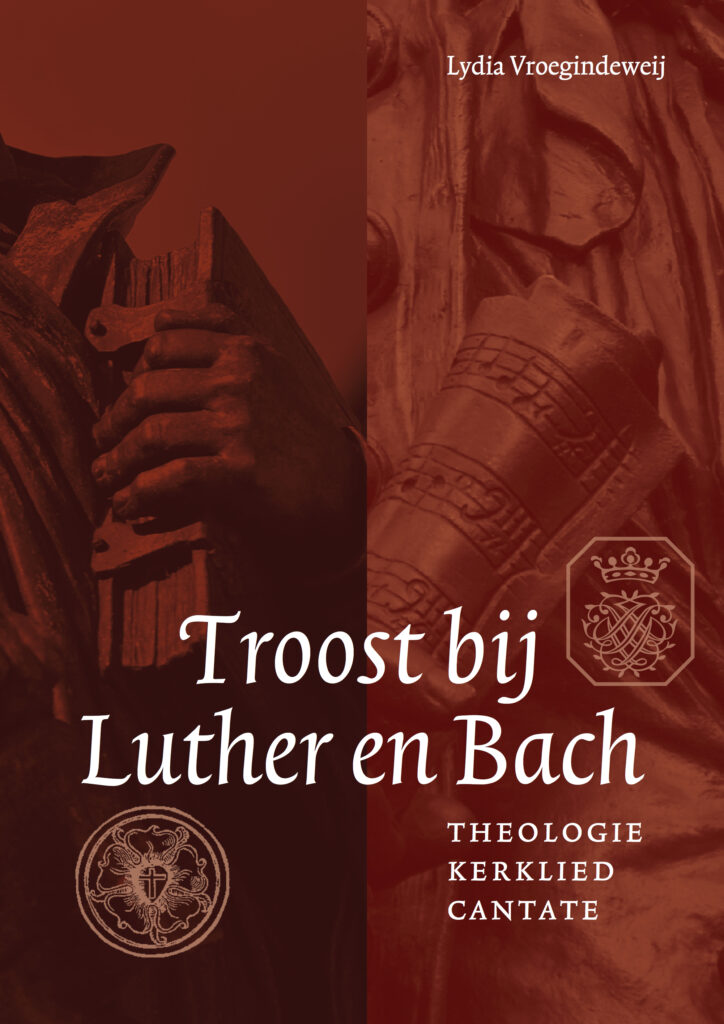Ellen van der Sar en Lydia Vroegindeweij are developing a plan for the Church Music Network Foundation to highlight the anniversary year 2024/25.
Introduction
2024/2025 marks a double anniversary year. It will be 500 years since Martin Luther (1483-1546) wrote and published his first set of songs. Moreover, it will be 300 years since Johann Sebastian Bach (1685-1750) wrote and performed his year-long series of chorale cantatas in Leipzig. In the 40 chorale cantatas in this cycle, there is a striking focus on songs by Luther and his contemporaries.
Recent PhD research by Lydia Vroegindeweij shows that the connection between these two collections is more than just a tribute on this 200th anniversary of the Reformation’s song heritage. On the one hand, there is the theological content of church songs, which was under discussion at the beginning of the 18th century. Because of the rise of different theological movements, Orthodox Lutheran church leaders in Germany felt the need to re-explain to the congregation the comforting meaning of faith, as Luther had expressed it. On the other hand, there is the particular musical form. The developing bourgeoisie in Leipzig at the beginning of the 18th century took a great interest in art and culture, with modern opera as an important element. Bach consciously incorporated new elements from opera, such as arias and recitatives, into his church cantatas. At the same time, he used musical means of expression to give specific meaning to the texts, thus supporting a better understanding of the doctrine of faith in the songs.
Lasting significance
Luther’s songs are still sung in churches of different denominations worldwide. Similarly, Bach’s chorale cantatas are still loved by large audiences and musicians around the world. The comforting value of both the songs and the cantatas is experienced by fans, by many solely on an emotional level, by others also on the basis of understanding of text or insight into musical structure. Both Luther’s songs and Bach’s cantatas can be considered important cultural heritage, inside and outside the church.
Culture after the covid crisis
As a result of the covid pandemic, opportunities to preserve this heritage alive were greatly reduced in 2020 and 2021. Congregational singing and choral singing were not possible in churches, and theatres and concert halls were closed, preventing choirs and orchestras from giving performances. We hope that by 2024/2025 there will be more opportunities for performing musicians to serve their audiences again. In doing so, a specific project around the chorale cantatas can already provide an extra incentive to put (church) choirs and orchestras back in the right condition to perform this heritage to a large audience again. This applies to professional ensembles, but certainly also to amateur singers and musicians.
L500B300, a plan in outline
The draft plan consists of several elements and sub-projects, which fit the following objectives:
- Stimulate performances of Bach’s cantatas by (a) professionals, (b) amateurs, (c) collaborative groups (a + b).
- Win back existing audiences and (further) develop the programme.
- Tapping into, captivating and binding new audiences.
- Challenge composers to continue the historical line (composition assignment ‘in imitation of’).
- Cantate-plus, cooperation and integration with other cultural domains, giving more insight into the time in which the songs and cantatas were created.
- Lessons learned and future exploration: how can art and culture survive in times of crisis.
The elaboration of the sub-plans clearly distinguishes between different perspectives, types of activities and target groups, such as:
- Education (for listeners, young and old; interactive lectures for performers with the motto: understand what you sing/play).
- Participation (e.g. ‘scratch’ afternoons, learn to sing Bach in one afternoon, especially for new audience groups).
- Presentation (concerts, both by and for professionals and amateurs).
- Research (for students of theology, musicology, linguistics, philosophy or history; also international).
Join our project!
We are now investigating which parties in our network have objectives and/or are developing plans, which could be related to our plan. After all, working together and sharing knowledge not only gives more pleasure, but on an organisational level there is also synergy to be gained in funding and communication, for example.
Are you or do you know such a party? We would love to get in touch with you, so that we can share our plans with everyone who cares about Bach’s chorale cantatas.
Ellen van der Sar
Lydia Vroegindeweij

Stichting Kerkmuziek Netwerk (Church Music Network Foundation) is a private, independent foundation (with cultural tax status) and focuses on connecting, strengthening & inspiring initiatives and organisations in the field of church music. Well-known projects of the Foundation are Orgelkids.nl and Kerkliedwiki.nl.
Lydia Vroegindeweij, Troost bij Luther en Bach. Theologie, kerklied, cantate (Leusden 2020).


